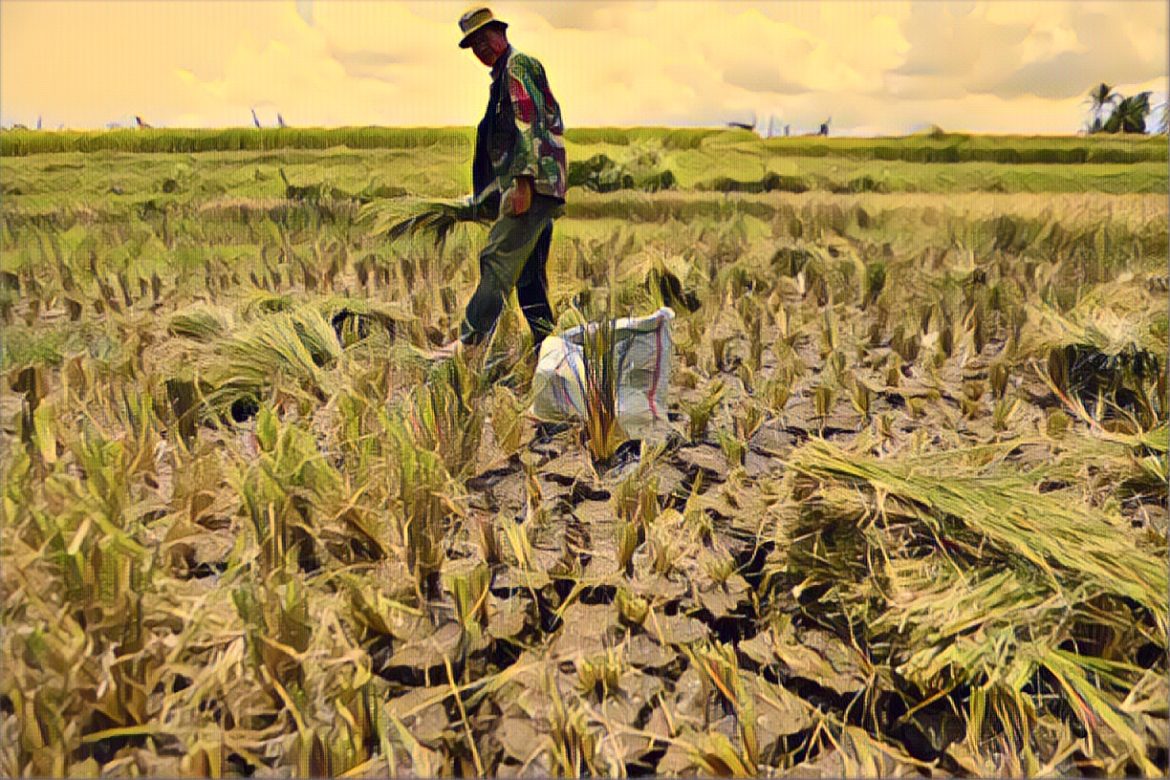Zimbabwe has received a substantial boost to its drought mitigation efforts, with a $32.2 million payout from the African Risk Capacity (ARC) Insurance Company. This financial aid, provided through a drought insurance scheme, aims to support vulnerable populations affected by severe drought conditions in the country.
The insurance payout, managed by the United Nations World Food Programme (WFP) and the Zimbabwean government, will be channeled towards providing emergency assistance to over 700,000 people facing food insecurity. This initiative is part of a broader strategy to enhance the nation’s resilience to climate-induced disasters and ensure food security for its citizens.
In recent years, Zimbabwe has grappled with recurring droughts that have severely impacted agricultural productivity and exacerbated food shortages. The country’s reliance on rain-fed agriculture makes it particularly vulnerable to erratic weather patterns. The ARC’s drought insurance mechanism offers a proactive approach to managing these risks, enabling swift mobilization of resources when climate shocks occur.
Zimbabwe’s Vice President, Constantino Chiwenga, emphasized the importance of this financial support in safeguarding livelihoods and bolstering the country’s disaster response capabilities. “This payout is a lifeline for many Zimbabweans who have been hit hard by drought. It allows us to respond quickly and effectively to the needs of our people,” Chiwenga stated.
The ARC Insurance Company’s parametric insurance model is designed to provide immediate funds based on pre-defined triggers such as rainfall deficits. This ensures that payouts are made swiftly, reducing the time between the onset of a disaster and the delivery of assistance. The $32.2 million payout to Zimbabwe is one of the largest in the company’s history, reflecting the severity of the drought conditions in the region.
WFP Zimbabwe Country Director, Francesca Erdelmann, highlighted the collaborative effort involved in securing and deploying these funds. “This payout demonstrates the power of partnerships in addressing climate risks. Together with the government of Zimbabwe, we are committed to ensuring that those most in need receive timely and effective support,” Erdelmann remarked.
The funds will be used to provide food assistance, cash transfers, and support for agricultural activities, including the provision of drought-tolerant seeds and rehabilitation of water points. These interventions are crucial in helping affected communities recover and rebuild their livelihoods.
Zimbabwe’s Minister of Finance and Economic Development, Mthuli Ncube, noted that the insurance payout aligns with the country’s broader economic recovery and resilience-building plans. “Investing in climate risk insurance is part of our strategy to strengthen our economy against shocks and ensure sustainable development,” Ncube said.
While the $32.2 million payout is a significant step towards addressing the immediate needs of drought-affected populations, there are calls for more comprehensive measures to tackle the root causes of food insecurity and climate vulnerability. Experts advocate for increased investment in climate-smart agriculture, infrastructure development, and social safety nets to enhance the country’s long-term resilience.
Despite the challenges, there is a sense of optimism about Zimbabwe’s capacity to overcome its current difficulties. The infusion of financial resources and the collaborative efforts of the government and international partners offer a hopeful outlook for the future. As Zimbabwe continues to navigate the complexities of climate change, the lessons learned from this drought response will be instrumental in shaping more robust and adaptive strategies.
The recent insurance payout from ARC not only underscores the critical role of innovative financial mechanisms in disaster management but also highlights the potential for collective action to drive positive change. With continued support and strategic planning, Zimbabwe can build a more resilient and food-secure future for its people.
Source: newzimbabwe.com


